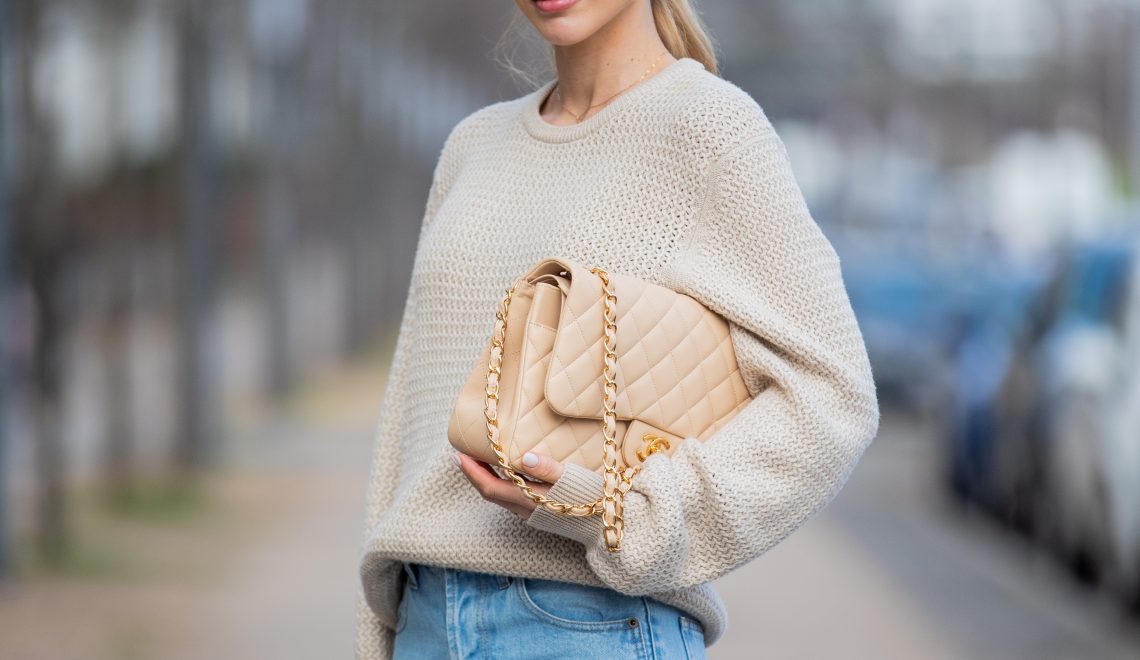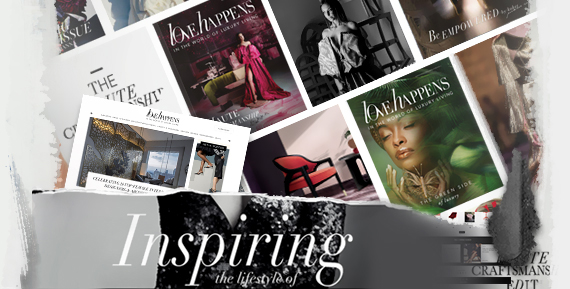Marketing to Millennials: Tech-Savvy Buyers in the Luxury Market

As the largest generation in American history, millennials – typically defined as those people born between 1980 and 2000 – are presenting new opportunities and challenges for retailers. While this age group’s ascent to maturity has been heralded as a dooming development for many industries, the reality is that millennial buyers are no less active than their predecessors – they simply have different values and priorities. Understanding the proclivities of the next “greatest generation” will be key for luxury brands ranging from fashion to design to real estate who are marketing to millennials, but pinning down what makes them tick is no easy task. To understand what drives the tech-savvy millennials buying habits, let’s take a look at what they value and what it could mean for your business:
The Millennial Mindset
When it comes to making purchase decisions, millennials have shown several clear preferences that differ from past generations. First and foremost, while millennials are typically pegged as the most brand-loyal of all generations, that loyalty is hard to win. Millennials are most likely to associate themselves with brands and products that are known for doing social good, whether it’s contributing to charities, promoting particular causes or giving back to the local community. Sustainability and environmental impact, too, are prime concerns, with about three-quarters of young buyers being more willing to pay extra for more environmentally-conscious products. Finally, millennials tend to place great value on the sensory experience of shopping. They value brands and products that create an engaging, personalized experience, whether online or in-store.
The Changing Brand-Consumer Relationship
These changing values and priorities have also altered the expectations young buyers have when it comes to their relationships with brands. Millennials expect brands to be active in engaging them on social media, and they demand authenticity above all else. Narratives are also paramount, as young buyers seek out products that are accompanied by a strong and cohesive story. This relates to the demand for a sensory experience, as millennials look to be part of a larger, shared social connection through the brands and products with which they choose to associate.

In-Touch Insights
This rapidly shifting market paradigm has left many brands struggling to catch up, but some have swiftly found their footing and are reaping the rewards. Two of the most high-profile successes in this regard are Gucci and Vetements, both of which have, in their own ways, leveraged the power of social media and naked authenticity to tap into the millennial market. Gucci has proven particularly effective at marketing to millennials through their use of Instagram and other digital platforms to build compelling and memorable narratives around their products, creating shared experiences in which millennials are eager to participate. Vetements has crafted its own narrative, staking a claim as a rebellious brand that represents a rejection of fashion – and societal – norms. These and other successful brands have reimagined themselves as more than just purveyors of products, but instead as cultural touchstones, serving as points of connection for young buyers hungry for shared experiences.
Millennials’ affinity for technology and connection has had a profound effect on the real estate market, too. Young people are prioritizing connectivity and technological convenience in all aspects of daily life. A Coldwell Banker survey found that three in four homebuyers are willing to pay more for smart home upgrades that offer another level of interactivity and personalization in their homes. Luxury buyers are particularly keen on home systems that cater to their active lifestyles and allow them to control features on-the-go, whether it’s firing up the HVAC system before arriving home or remote viewing a video-equipped smart doorbell to keep tabs on visitors and package deliveries.
The luxury market is unlikely to suffer as millennials take on an ever-greater share of the buying market, but it will demand a reevaluation of what buyers value and how brands interact with their customers. Technology and social media have reshaped how – and why – young people spend their money, and businesses must recognize that selling products is no longer enough. To appeal to the burgeoning millennial market, they must first sell the stories and experiences that matter to their audience.
Beth Kotz is a freelance writer and contributor for numerous home, technology, and personal finance blogs. She graduated with BA in Communications and Media from DePaul University in Chicago, IL, where she continues to live and work. You can find her latest writing here.








